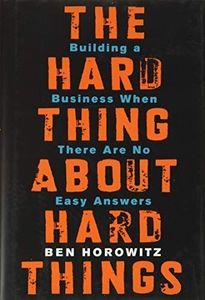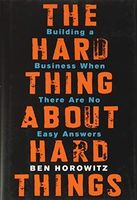- Edition
- ISBN 9780062273215
Reviews
Timeo Williams@timeowilliams
Joao Neves@jpgneves
Sarah Schumacher@smschumacher
Mati Goldberg@matigo
Ian Watts@ianwatts
Keven Wang@kevenwang
Santiago Yelmini@santi
Arturo Hernández@artthh
Dana Kraft@dkatx
Elizabeth Moore@haddyaddy
Chris Raastad@craastad
Nadine @intlnadine
Magdalene Lim@magdalene
Ivaylo Durmonski@durmonski
Lance Willett@lancewillett
Aske Dørge@aske
Daryl Houston@dllh
Ilia Markov@ilia
Jehan Chawla@jehan
Ozan tekin@ozan
Guillermo Rodas@glrodasz
Maxence@maxencep
Naveennaidu Mummana@naveennaidu
MJ@mikejonesberlin
Highlights
Guillaume Gelin@ramnes
Page 275
Guillaume Gelin@ramnes
Page 274
Guillaume Gelin@ramnes
Page 226
Guillaume Gelin@ramnes
Page 207
Guillaume Gelin@ramnes
Page 206
Guillaume Gelin@ramnes
Page 204
Guillaume Gelin@ramnes
Page 191
Guillaume Gelin@ramnes
Page 188
Guillaume Gelin@ramnes
Page 181
Guillaume Gelin@ramnes
Guillaume Gelin@ramnes
Guillaume Gelin@ramnes
Guillaume Gelin@ramnes
Guillaume Gelin@ramnes
Piet Terheyden@piet
Piet Terheyden@piet



